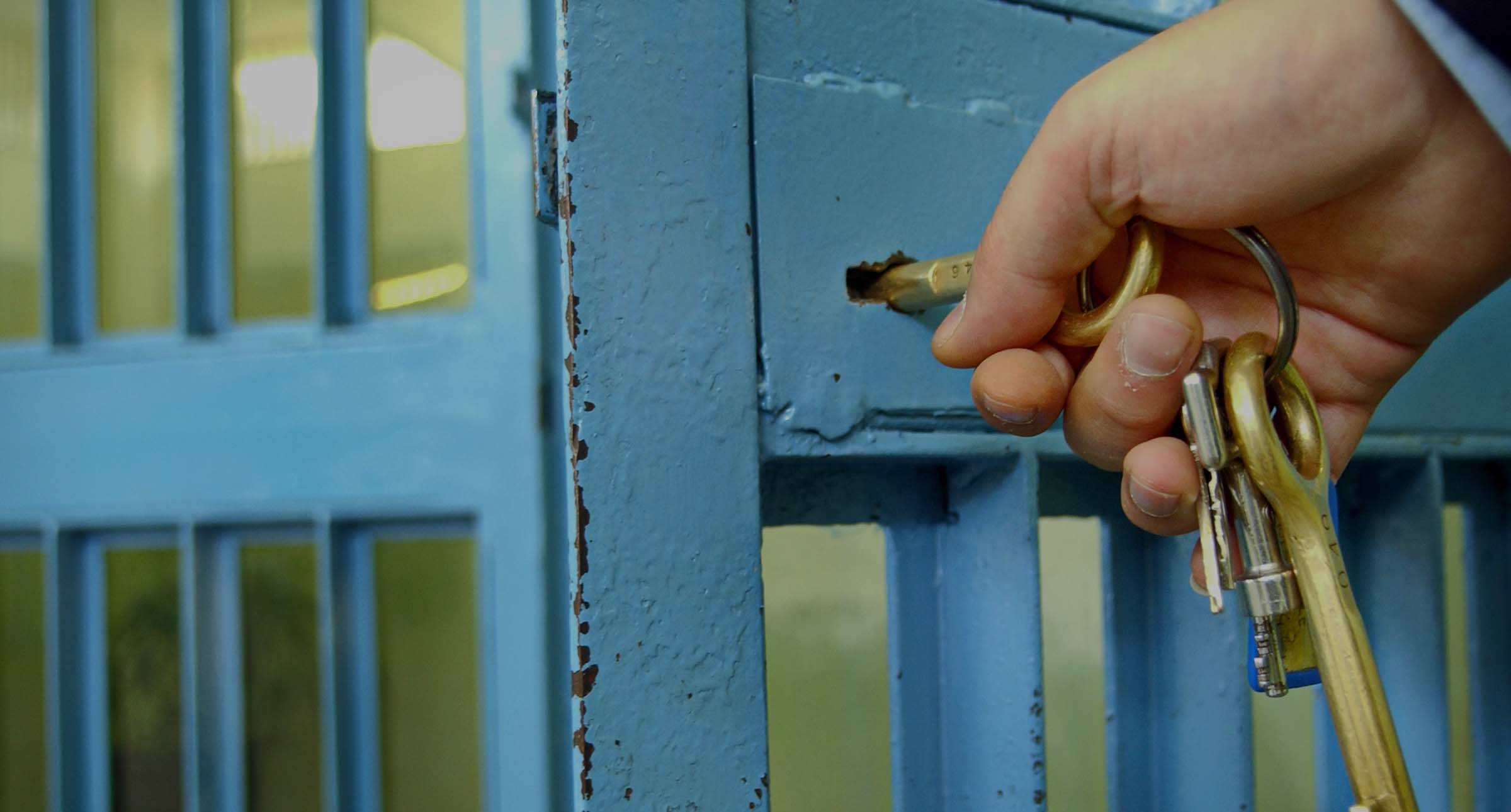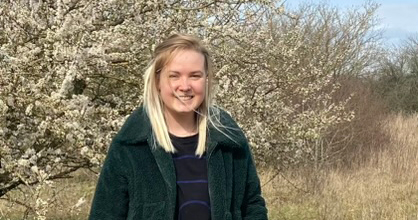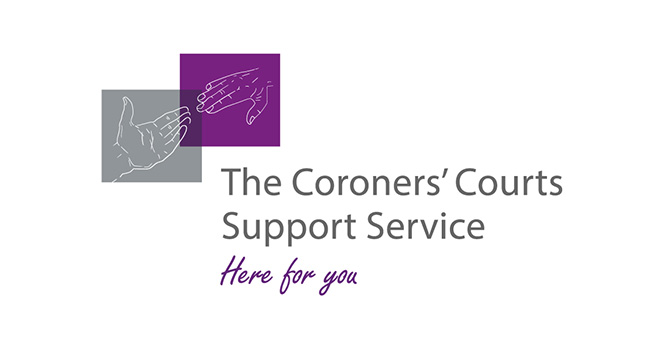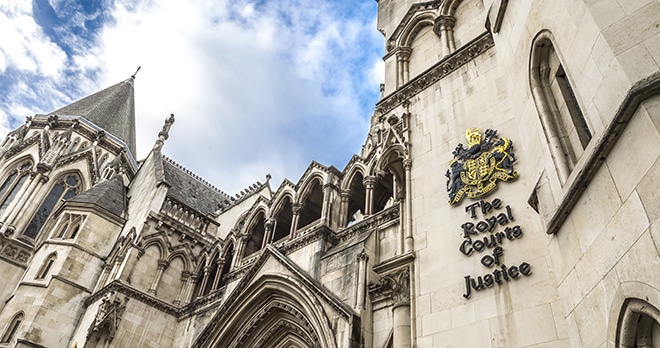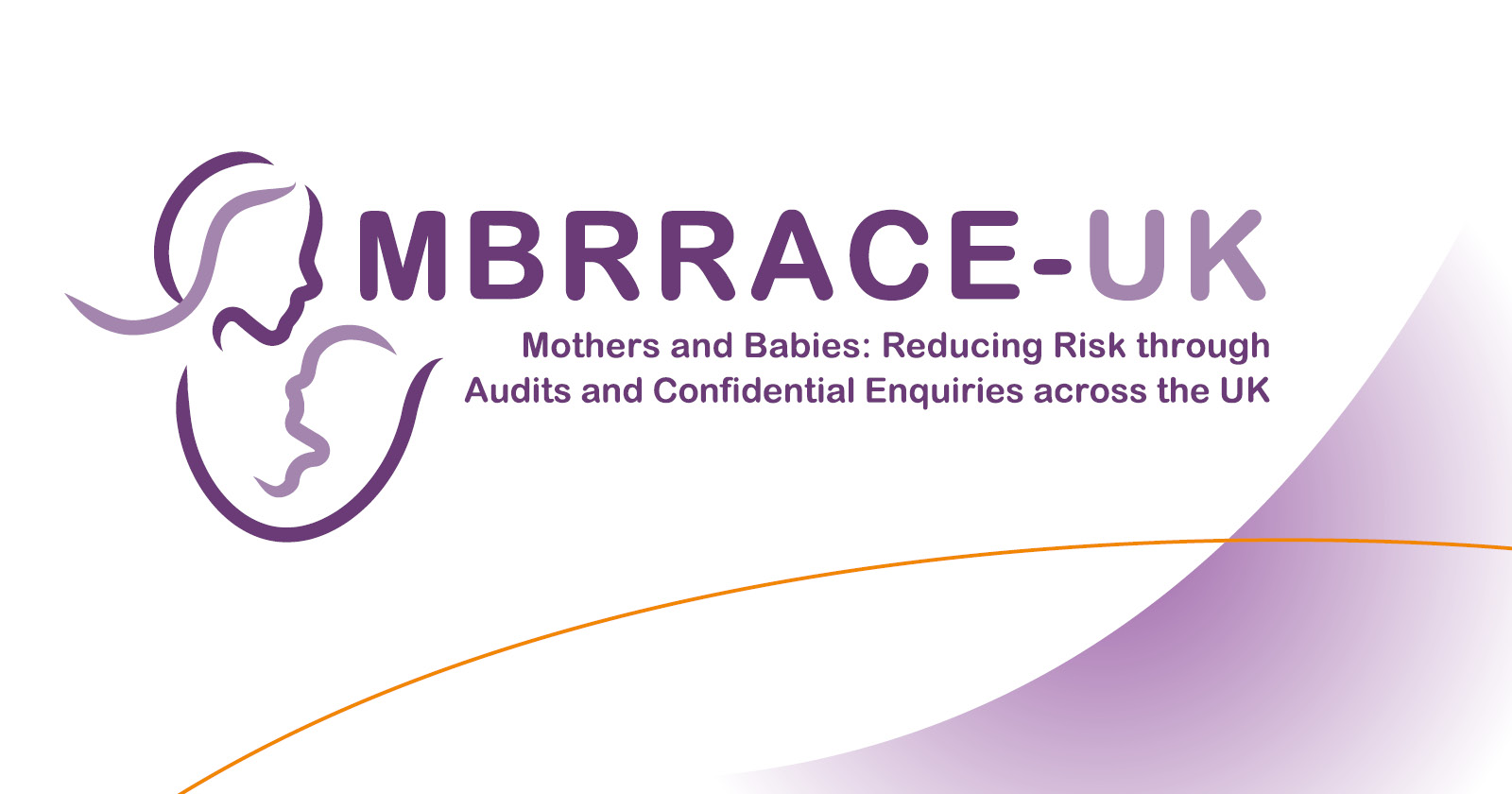No More Deaths: Speaking with INQUEST about their call for a National Oversight Mechanism
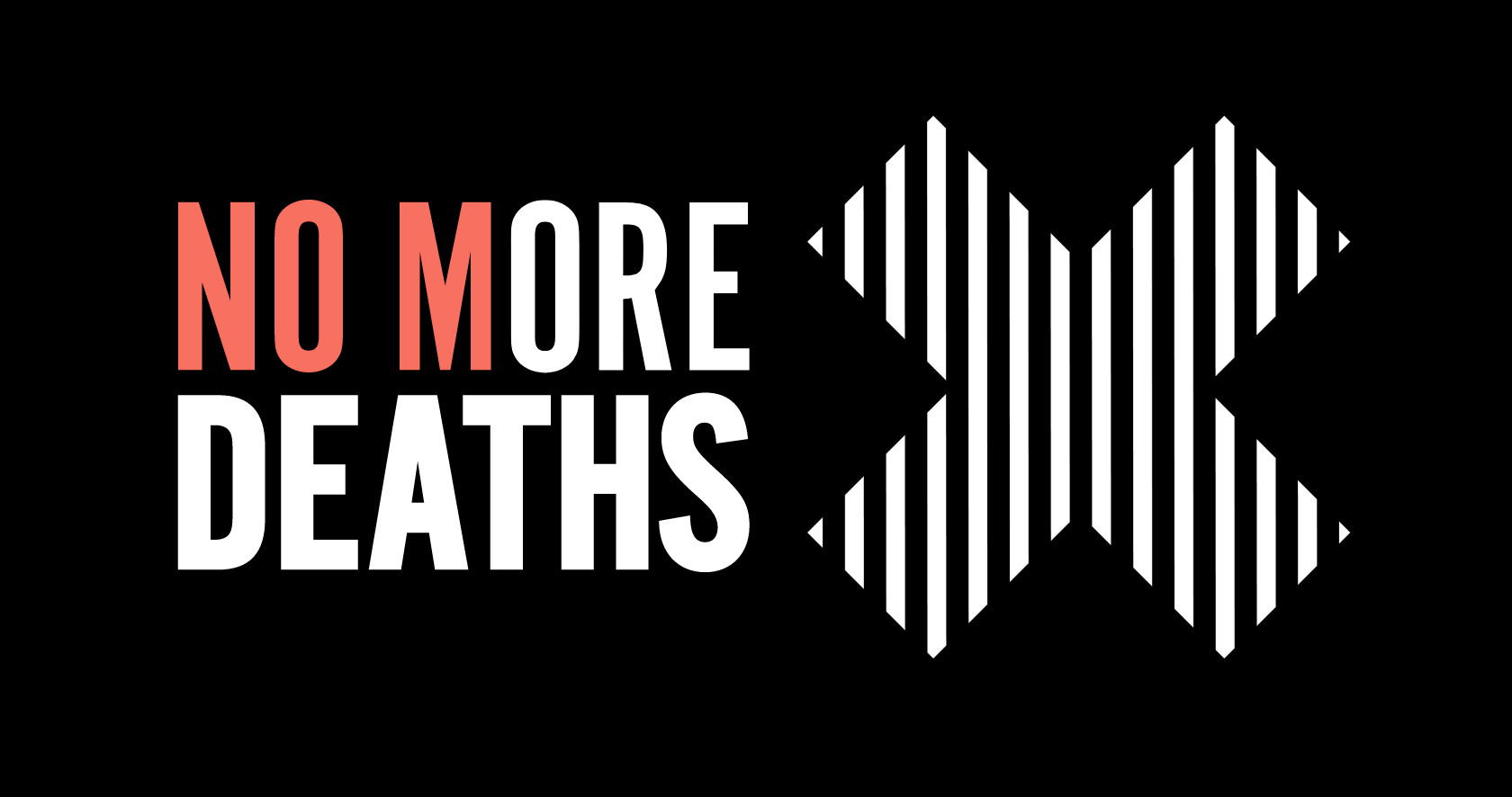
It is said that those who fail to learn from history are doomed to repeat it, a saying which resonates deeply with INQUEST, the only charity in England and Wales dedicated to working alongside bereaved families following deaths which involve the State.
Like our inquest solicitors, INQUEST support families who have to navigate the inquest and public inquiry process triggered following a death in custody, in mental health settings, or following major disasters such as Hillsborough or Grenfell.
In this line of work, the same issues are often revealed as contributing to someone’s death. From concerns around access to drugs in prison to failures to address safety risks in mental health settings, INQUEST have witnessed coroners and inquiry chairs time and again repeating the same issues and recommendations.
We recently spoke to Rosanna Ellul, Senior Policy and Parliamentary Officer, about their campaign for a National Oversight Mechanism.
What kinds of cases have you seen that highlight the need for a National Oversight Mechanism?
In 2018, we worked with the family of Emily Hartley. Emily was sent to HMP New Hall in 2015 after she set fire to herself, her bed and curtains. She had a history of serious mental ill health including self-harm, suicide attempts and drug addiction. It was Emily’s first time in prison and on 23 April 2016 she tragically took her own life.
Exactly ten years after Emily’s inquest hearing, another young woman, Petra Blanksby, also took her own life in HMP New Hall. INQUEST had worked with Petra’s family during the inquest hearing. Petra and Emily had been imprisoned for arson, and the coroner, who presided over both inquests, made an almost identical recommendation following the evidence he heard. At Petra’s inquest, the coroner made a Prevention of Future Deaths (PFD) report which recommended that “the Prison Service and the Department of Health … work together to achieve a situation where suitable, secure, therapeutic environments outside prison can be available for those like Petra, suffering from such disorders.” In the absence of any mechanism to review his own recommendations or the follow-up to them, the coroner had not recalled this. At the conclusion of Emily’s inquest, the coroner wrote: “I repeat ten years later that the Prison’s Department and the Department of Health should conduct a collaborative exercise to achieve the provision of suitable, secure, therapeutic environments in order to treat those with mental health problems”.
What happened to the coroner’s initial recommendation? What action had there been from the Ministry of Justice or Department of Health and Social Care? Was this information shared with the coroner or bereaved families? The answers to these questions were unclear. It was instead left to families, lawyers and INQUEST to join the dots between Emily and Petra’s inquests.
What the deaths of Emily and Petra show, aside from the unjust placement of women with mental ill health in prison, is how easily the coroner’s recommendations were dismissed. The absence of any transparency on what the relevant public bodies were doing in direct response to the recommendations made speaks to a fundamental lack of accountability many bereaved families experience after their loved one’s death. Ultimately, the investigations into Petra and Emily’s deaths evidence how the processes for highlighting harmful practices and facilitating positive learning are defective.
How widespread are these issues?
These problems are not limited to the deaths of Petra and Emily. In fact, part of the reason why this lack of accountability and transparency in response to recommendations persists is because of gaps in the legislation governing inquests and public inquiries.
With regard to inquests, a coroner is required to make a Prevention of Future Deaths report (PFD) under Schedule 5, paragraph 7 of the Coroners and Justice Act 2009, where the evidence suggests that future deaths may be prevented. This report is also sometimes referred to as a Regulation 28 report. Although the recipient is under a legal duty to consider and respond to the coroner’s report, there is no sanction if they do not properly consider and act on the report, or indeed if they do not respond at all.
With regard to public inquiries, there is similarly no legal mechanism to require consideration, action, or reasoned rejection of a recommendation made in the course of a statutory inquiry under the Inquiries Act 2005. In other words, recommendations made by a statutory public inquiry, or a non-statutory inquiry, have no legal force on the Government, public authorities, corporations, or anyone else.
Investigations into deaths, such as those done by the Prisons and Probation Ombudsman or the Independent Office for Police Conduct, Serious Incident Reviews and other safeguarding investigations also issue recommendations which are non-binding yet contain vital learning. The same is true for official reviews on state-related deaths.
How would a National Oversight Mechanism help address these issues?
Where change or follow-up does happen after an inquest, it is often at a local level or driven by dedicated individuals. Well-intentioned actions or programmes of work to learn from state-related deaths often peter out over time as organisational memory fades.
We believe a Mechanism would not only increase public awareness of the progress following deaths, but through making unacceptable lack of action visible it would hopefully encourage organisations to take these recommendations and their responses to them far more seriously. We also believe that more information which is routinely made public on investigations can aid and improve their value.
This is why INQUEST and over 50 organisations are calling for change in the form of a National Oversight Mechanism. A Mechanism would be a new independent body, accountable to Parliament, with the powers to compel information on the action, or lack of, taken by organisations in response to recommendations made by inquests, public inquiries, investigations and officials reviews into deaths involving State or corporate bodies.
What are the core functions of the proposed National Oversight Mechanism?
We have outlined three core functions we believe a Mechanism would have.
The first would be to collate: to create and manage a new publicly available database which collates all recommendations made following post-death processes, highlighting the public agencies the recommendations are addressed to.
Secondly, a Mechanism should analyse: building on the information collated in its database, the Mechanism should issue regular reports to analyse the emerging themes and patterns in recommendations issued.
A Mechanism’s final function would be to follow-up: due to its collation of information and analysis, a Mechanism should have oversight of the implementation of recommendations, or lack thereof. It is important, then, for a Mechanism to be equipped with robust powers to follow-up and alert the relevant bodies to escalate its concerns.
To ensure this body has teeth, we believe it should have embedded into its functions the ability to require documentation. Further, we believe there should be sanctions on organisations who fail to respond to the Mechanism within a strict time-limit.
How might this have helped in the cases you outlined earlier?
Returning to the cases of Emily and Petra, a National Oversight Mechanism would have made it clearer to the coroner that he had made a similar recommendation. It would have provided the public with more ready access to knowledge about important recommendations made following both inquests. And it would have created stronger provisions for the Government to provide a timely response to the coroner’s important recommendation.
How can people find out more?
If you want to find out more about INQUEST’s No More Deaths campaign, simply follow the link to their website, here.
You can also support the campaign directly:
- Sign the petition
- Write to your MP to ask for their support usingtheir draft template. You can find your local MP and email them here.
- Share the campaign on Facebook, Instagram, Twitterand LinkedIn.
Our specialists solicitors are here to help your family ensure lessons are learned when someone close to you dies as a result of negligent care.
Call now

Here to ensure that lessons are learned
When harm is caused, either to yourself or a loved one, you want to know how it happened and to ensure it doesn’t happen to others.
Whether you’ve sustained an injury as a result of medical negligence, been involved in a life changing accident, or suffered the death of someone close to you, our legal experts understand how important it is to seek answers about what happened.
These stories show how our team seeks to identify issues in care and safety, and to ensure lessons are learned when things go wrong.
More insights into inquests and fatal claims
View more articles related to Inquests and Fatal Claims


